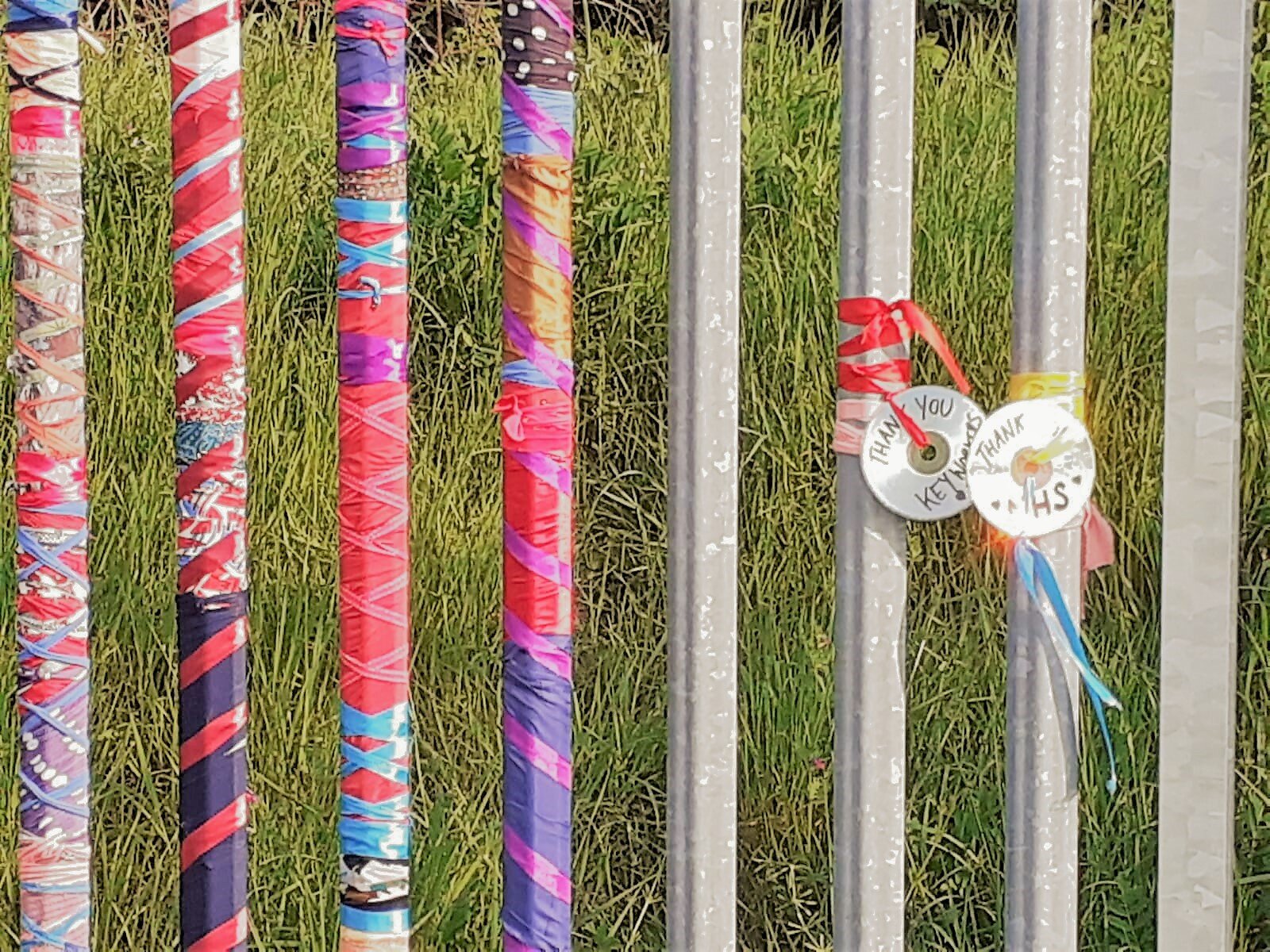As lockdown measures start to ease in parts of the world, countries are taking stock and reviewing their performance in the COVID-19 pandemic. Things are not looking good for the UK. As the death toll approaches 40 000, the UK has a global ranking of having the 5th highest coronavirus death rate per 1 million population. This coming from a country that has the 6th highest nominal GDP in the world. Something has gone wrong such that one of the world’s richest countries has fared so badly in keeping its population safe.
With ever-stronger calls for a public enquiry into the UK Government’s handling of the pandemic in the UK, journalists and citizens alike are performing their own analyses, trying to understand how such a ghastly toll could happen. What is apparent is that the global West has had worse outcomes than the East and now begins the careful deconstruction as to why.
Whilst the reasons behind this difference are multifactorial, a key issue is how quickly and effectively lockdown measures were adopted in respective nations. The UK has become notorious for its lackadaisical approach in the initial weeks of the pandemic, whereas Sri Lanka, like many other Southeast Asian countries, took coronavirus more seriously from the start. On March 20th the Sri Lankan Government enforced a national curfew, which remained in place for at least seven weeks. The UK too went into lockdown on March 23rd, however, with less success in containing the spread of coronavirus when compared to Sri Lanka.
Part of the reason for this may have been the enforcement of the lockdown. The latest political scandal involving Dominic Cummings shows that even top government figures have broken public health rules with impunity. Such transgressions were compounded by a lack of police authority to enforce social distancing guidelines in England and unclear advice, such that the Chairman of the Police Federation, John Apter, bewailed the government's lack of clarie as to what the population were and were not allowed to do as part of the lockdown.
Sri Lanka, on the other hand, was better prepared to regulate the lockdown arguably because this is not the first time the country has faced an urgent national situation. Having endured a civil war that lasted over a quarter century, Sri Lanka is well schooled in exercising social discipline. Curfews are not new to a country that within the spell of twenty years has faced terrorist bombings, armed conflict and a devastating tsunami. Thus, when the government, backed by the military, mandated a lockdown to prevent the spread of corona, Sri Lankans generally knew to obey.
During the civil war years it was not uncommon to be stopped on roads by armed police or the military performing checks on the credentials and purpose of a traveller’s visit. Whilst this decreased over recent years, since the 2019 Easter bombings a significant security presence is felt at Colombo’s international hotspots e.g. airports, hotels and shopping malls. Sri Lankans are familiar with such a presence, whereas in the UK it is the stuff of exception, usually only seen at large public gatherings.
In the case of policing during the pandemic, some UK citizens, unused to having civil liberties infringed upon (even if it is in the name of public health and safety), took issue. This was seen in the Hyde Park demonstrations of May 17th where 70 people gathered to protest the coronavirus lockdown. When confronted by Police, some protestors reacted strongly, shouting abuse and tussling with officers.
Although such a level of opposition is in the minority it is clear that Britons are chafing at the social restrictions and even a mild lightening of lockdown measures has seen a rebound of unsafe behaviour. The ongoing warm weather has seen a nationwide surge of people descending on parks and green spaces in such numbers that social distancing is almost impossible. Unused to following real-time governmental orders, UK citizens risk spreading infection for the sake of sunbathing.
Time will tell whether this means the dreaded “second surge” of coronavirus cases for the UK but the death toll as it stands is shocking enough. Meanwhile the UK government continues its tradition of confusing its population with obscure advice, recently downgrading the pandemic slogan from “stay home" to the ambiguous “stay alert.” With little practice in the latter, the UK should be looking to countries like Sri Lanka as to what this actually means.









